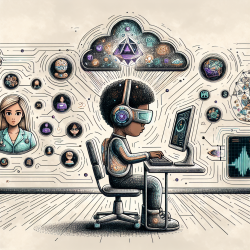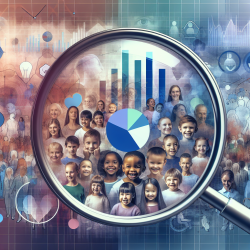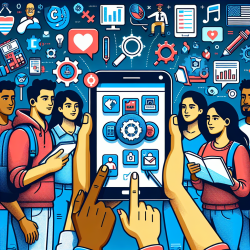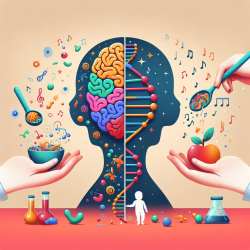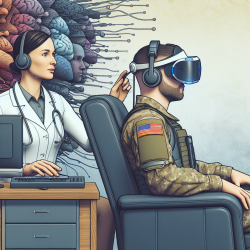Introduction
In the evolving landscape of speech language pathology and child development, data-driven decision-making is crucial for creating positive outcomes. The research article titled "Bringing machine learning to research on intellectual and developmental disabilities: taking inspiration from neurological diseases" sheds light on how machine learning (ML) can transform the understanding and treatment of intellectual and developmental disabilities (IDDs).
The Potential of Machine Learning in IDDs
Intellectual and developmental disabilities, including Down syndrome, Fragile X syndrome, and autism spectrum disorder, manifest early in life and are characterized by significant impairments in intellectual and adaptive functioning. Traditional methods of diagnosis and treatment often rely on observable symptoms, which can be limiting due to overlapping factors and comorbidities. However, the integration of ML offers a promising avenue for overcoming these challenges.
According to the research, ML can enhance screening and early diagnosis, deepen the understanding of comorbidities, and accelerate biomarker identification for clinical research and drug development. The application of ML to IDDs holds the potential to revolutionize personalized treatment plans, offering a tailored approach to each child's unique needs.
Implementing ML in Practice
For practitioners in speech language pathology and related fields, incorporating ML into practice can significantly improve diagnostic accuracy and treatment efficacy. Here are some practical steps to consider:
- Data Collection: Utilize high-throughput sequencing, imaging, and behavioral data to build comprehensive datasets. This multimodal approach allows for a more holistic understanding of IDDs.
- Training ML Models: Develop and train ML models using these datasets to identify patterns and correlations that may not be evident through traditional methods.
- Continuous Learning: Stay updated with the latest ML technologies and methodologies. Engage in professional development opportunities and collaborate with data scientists to enhance your practice.
Encouraging Further Research
The integration of ML in IDD research is still in its nascent stages, and there is a wealth of opportunities for further exploration. Practitioners are encouraged to engage in research initiatives, contribute to data collection efforts, and collaborate with interdisciplinary teams to push the boundaries of what is possible in child development and therapy.
To read the original research paper, please follow this link: Bringing machine learning to research on intellectual and developmental disabilities: taking inspiration from neurological diseases.
